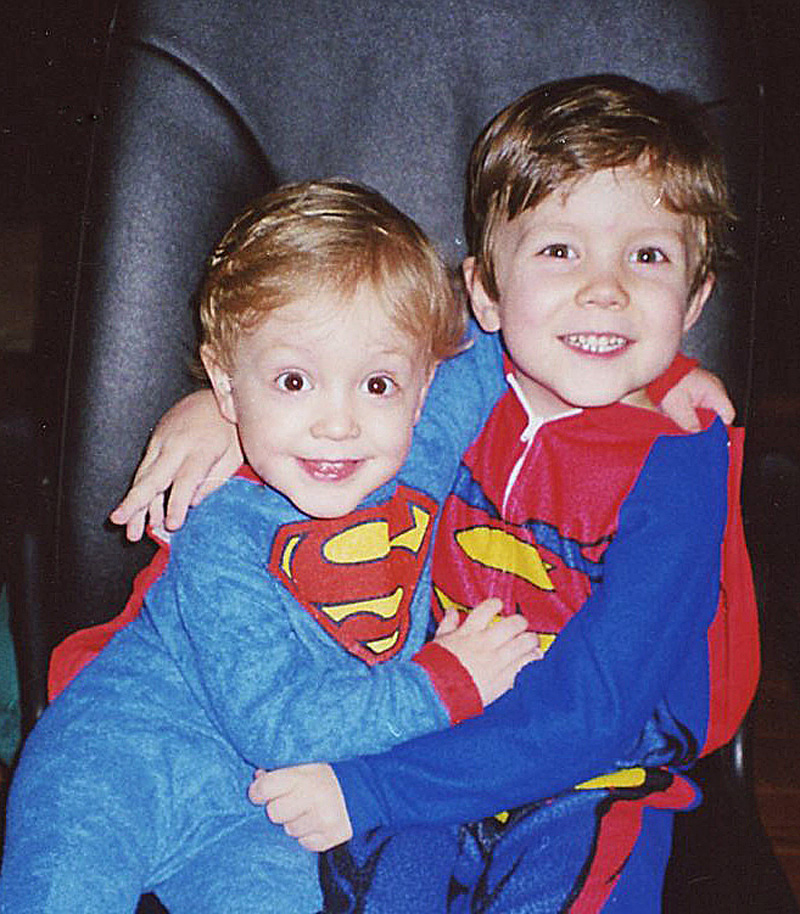Which is easier: naming your greatest strength or naming your greatest weakness?
When we are young, we sometimes imagine that we are invincible. Elijah used to think he was Superman. One day he was in our master bathroom dressed in his Superman pajamas. He was only four years old. I heard three things that made me laugh out loud. First I heard him declare, “I’m Superman!” Then I heard him run across the bathroom floor and slam hard into the bathtub. Finally, I heard him whimper: “Owie, owie, owie.”
As we get older, we develop various strengths by working to overcome our perceived weaknesses. But we will always find more. Sometimes the weaknesses are physical. Sometimes they are mental. Sometimes they are flaws in our character. No matter what they are, we think of them negatively.
So it probably seems odd to ask which of our weaknesses is ‘greatest’. After all, how can our flaws be associated with greatness? How can we find perfection in our insufficiencies?
The Apostle Paul pleaded with the Lord to remove what he thought was his greatest weakness. He referred to it as a thorn in his flesh. But he didn’t get the response he was looking for. Instead, the Lord said to him, “My grace is sufficient for you, for my power is made perfect in weakness” (2 Corinthians 12:9).
Elijah believed that his own ‘thorn in the flesh’ was an obsessive compulsive disorder (OCD). He was never diagnosed, but he knew that he would focus so exclusively on certain things that he would neglect even simple necessities of life. But that behavior helped Elijah come with great intensity to a saving faith in the Lord.
Elijah spent most of his last few months with us researching, reading scripture, praying and helping others find hope in God. In his last text message to me he said, “I spend tons of time talking to God before going to bed.” And he even told his mom that he needed to hold off on some of his school work while he focused on reaching people for the Lord.
It was through this experience that Elijah actually embraced his OCD behavior. He would even boast about how many other famous people had OCD, such as Albert Einstein, Beethoven and Michelangelo. Without his weakness, Elijah might not have found the Lord.
The words of the Apostle Paul make even more sense now. “Therefore I will boast all the more gladly about my weaknesses, so that Christ’s power may rest on me. That is why, for Christ’s sake, I delight in weaknesses, in insults, in hardships, in persecutions, in difficulties. For when I am weak, then I am strong” (v10).
Please ‘like’ and ‘share’ this post as you find it helpful and inspiring. Thank you.
-Ken Buchanan



Recent Comments